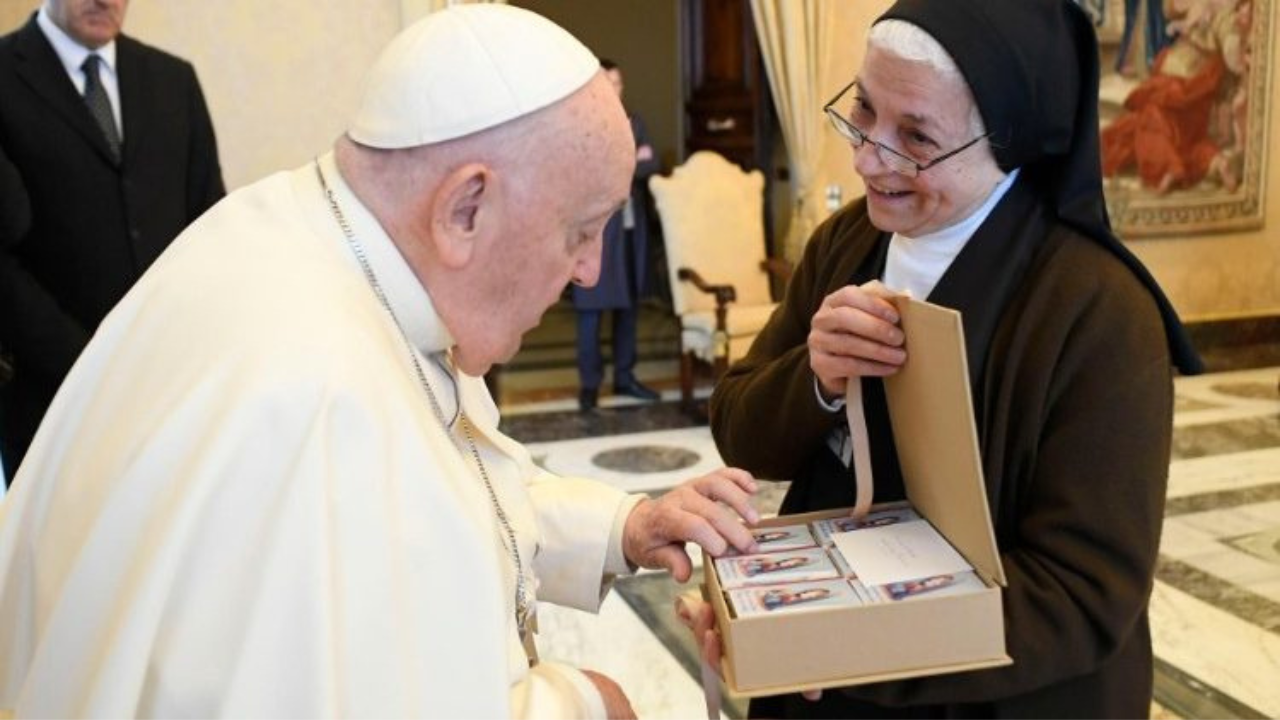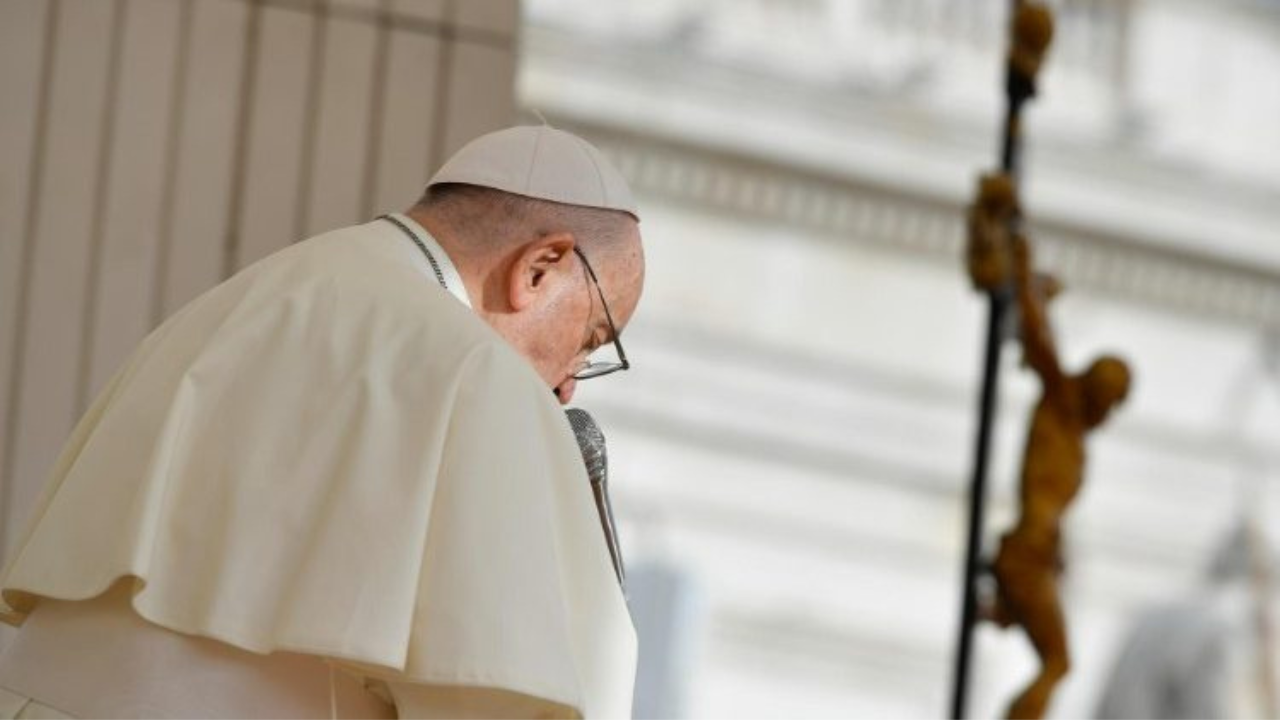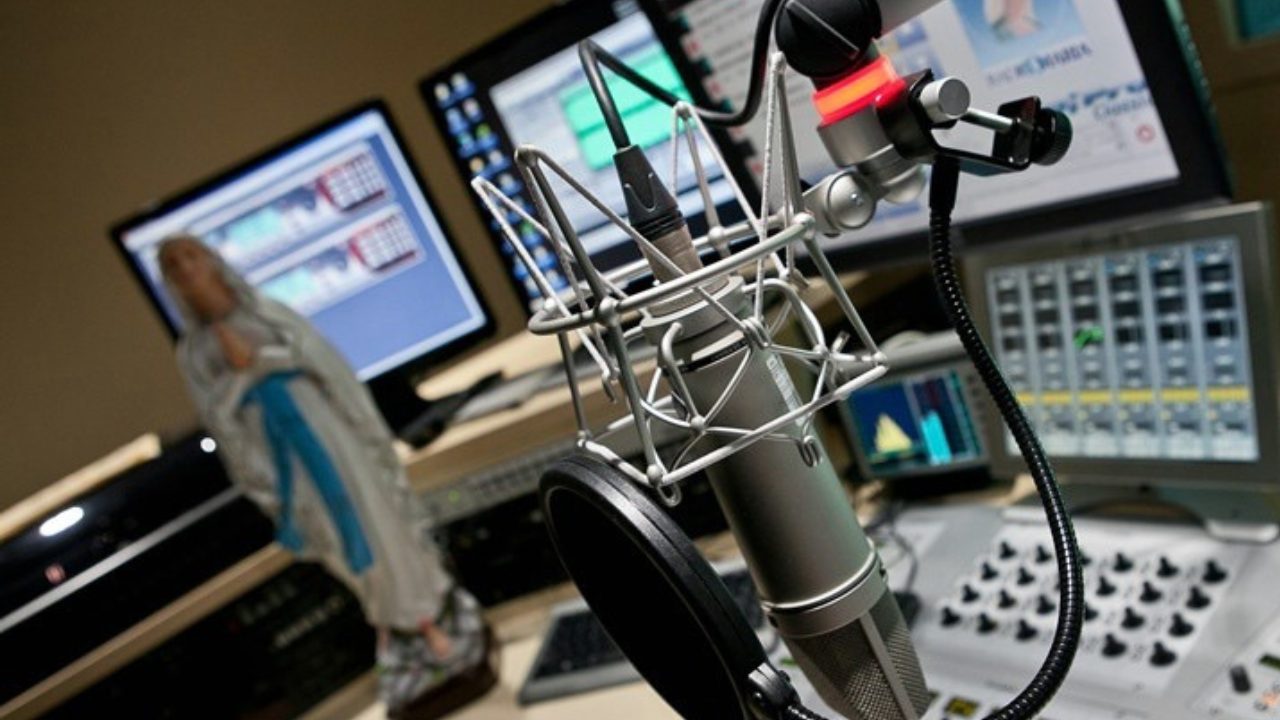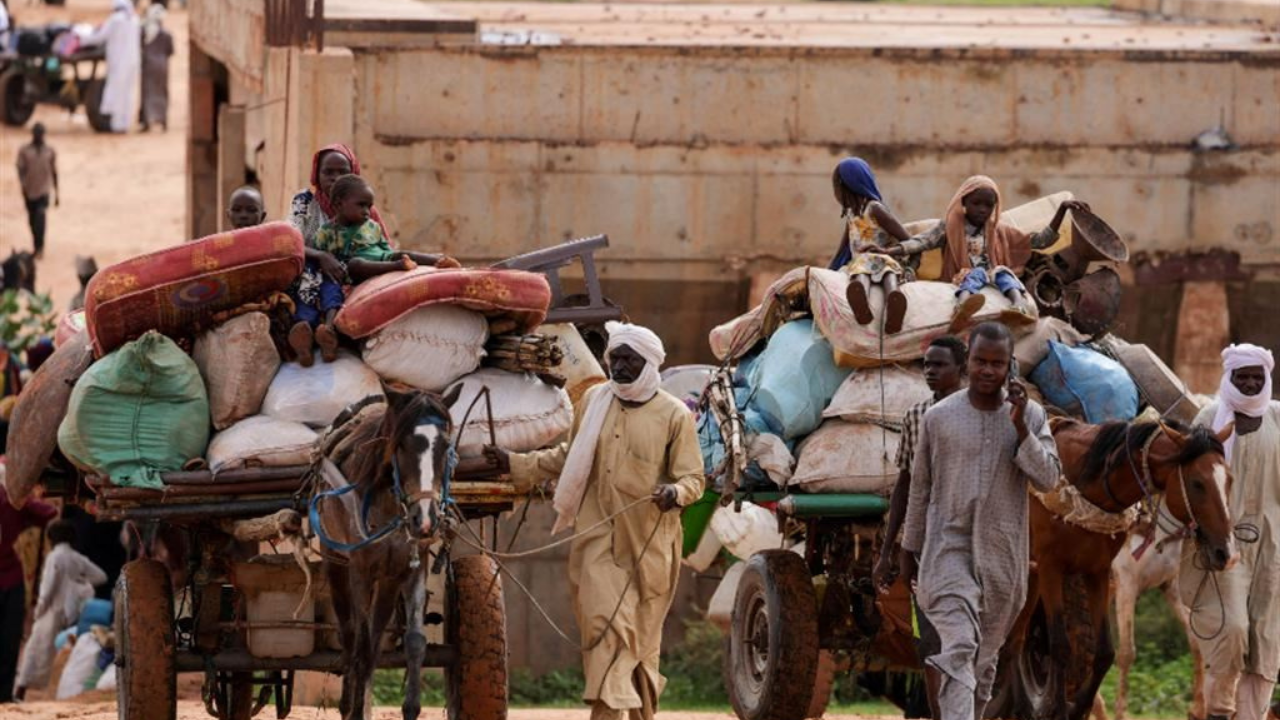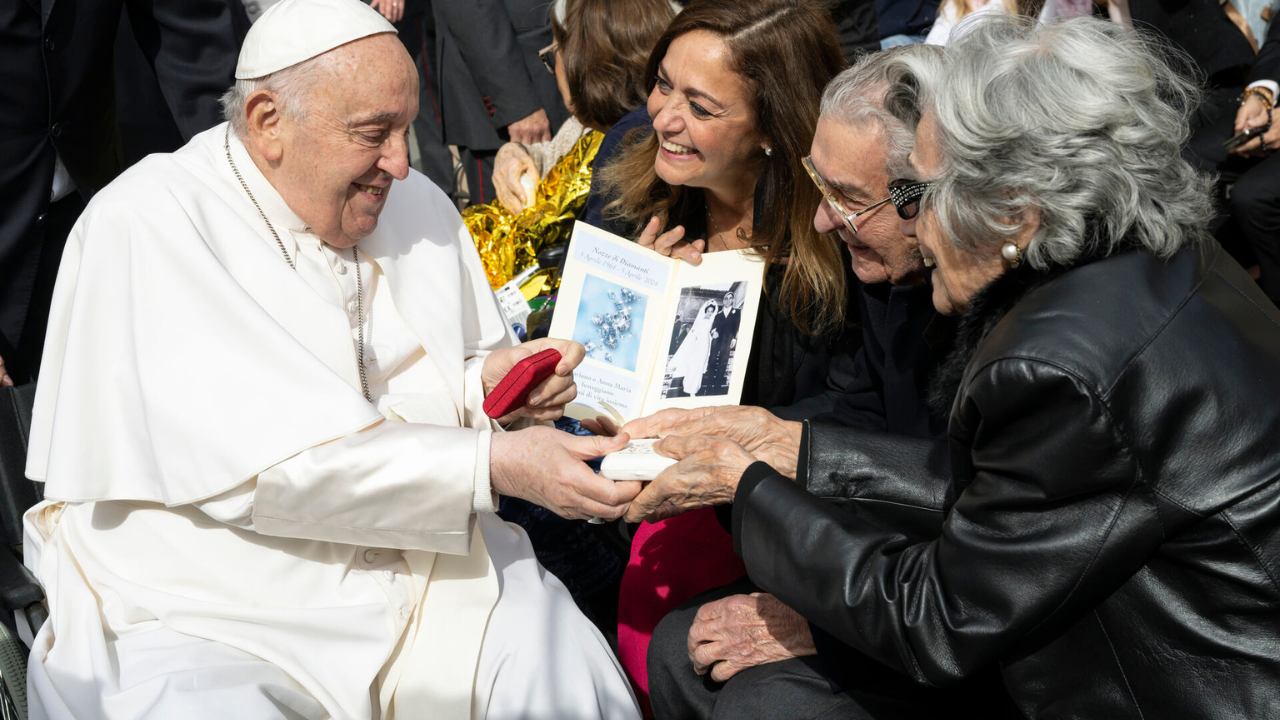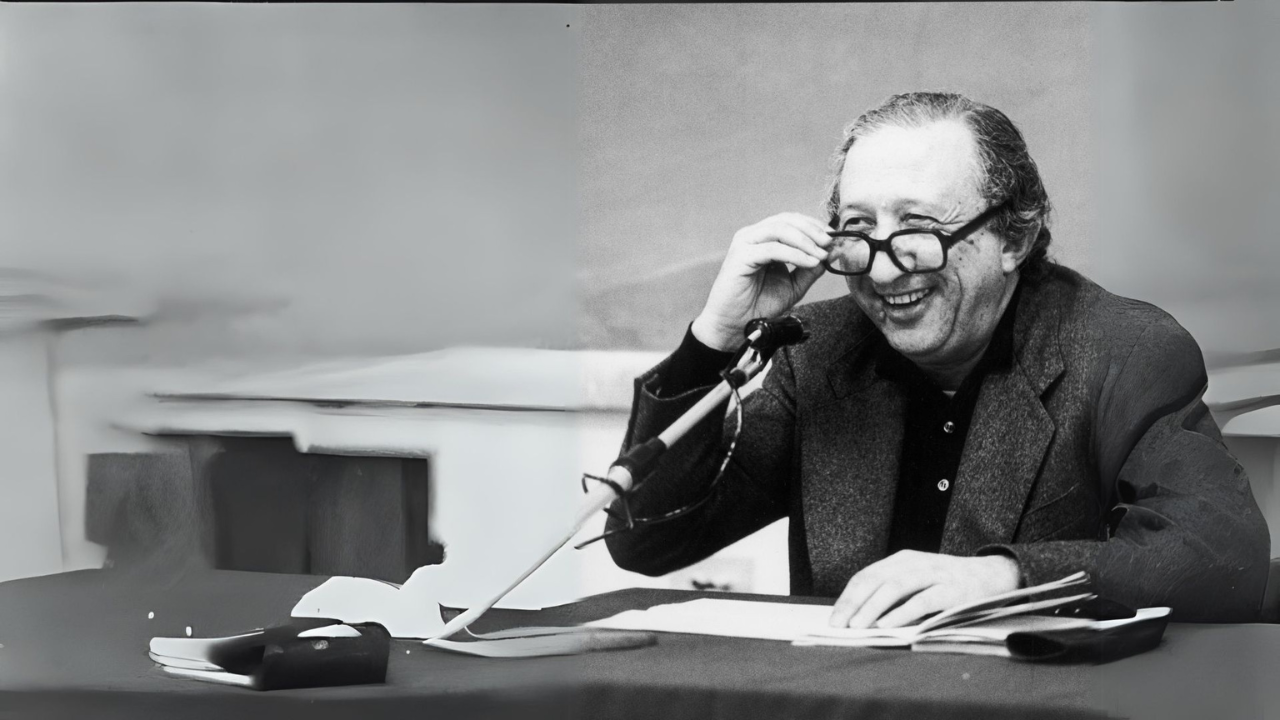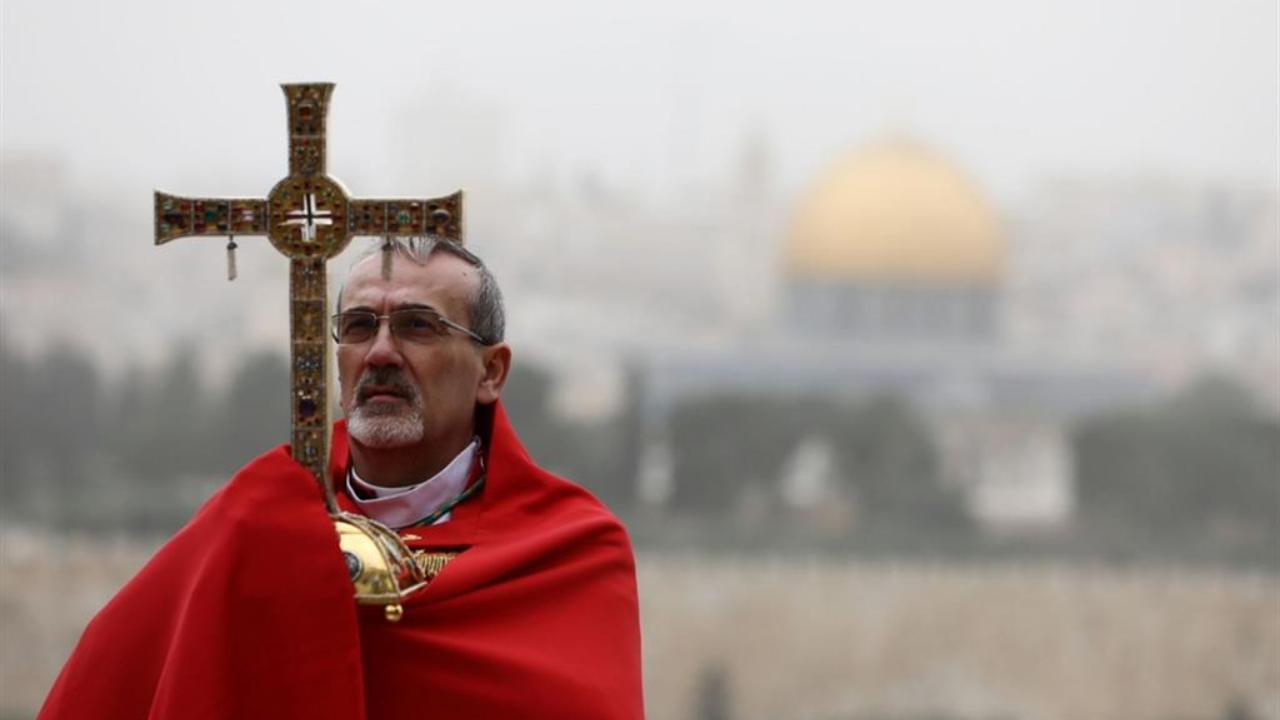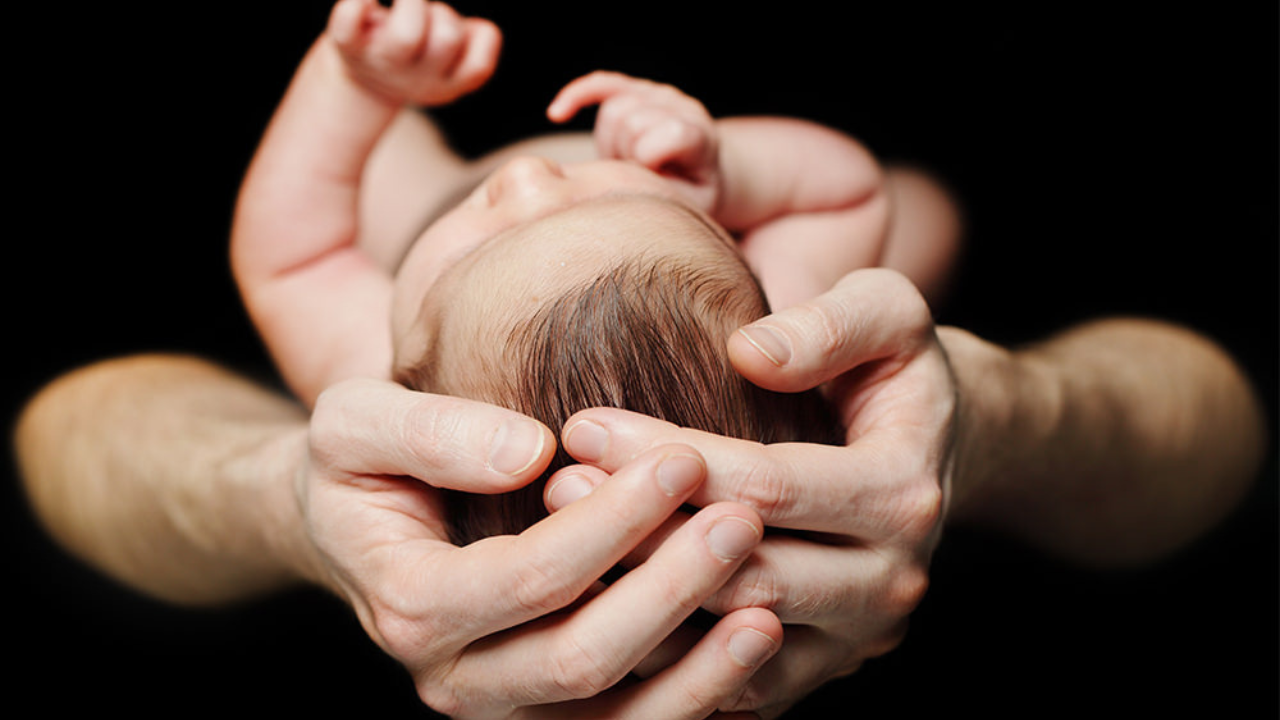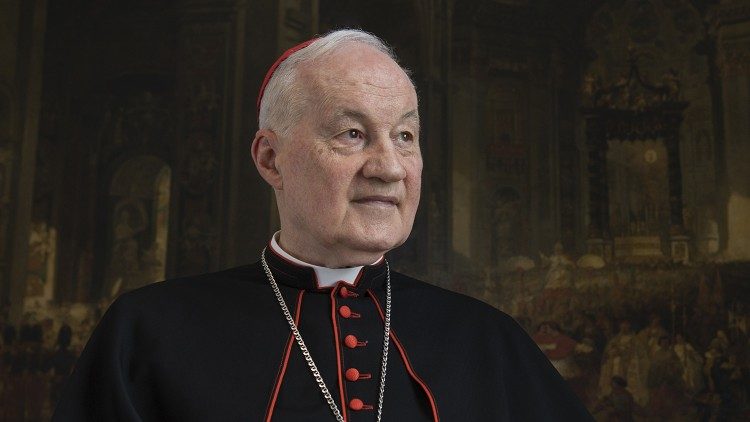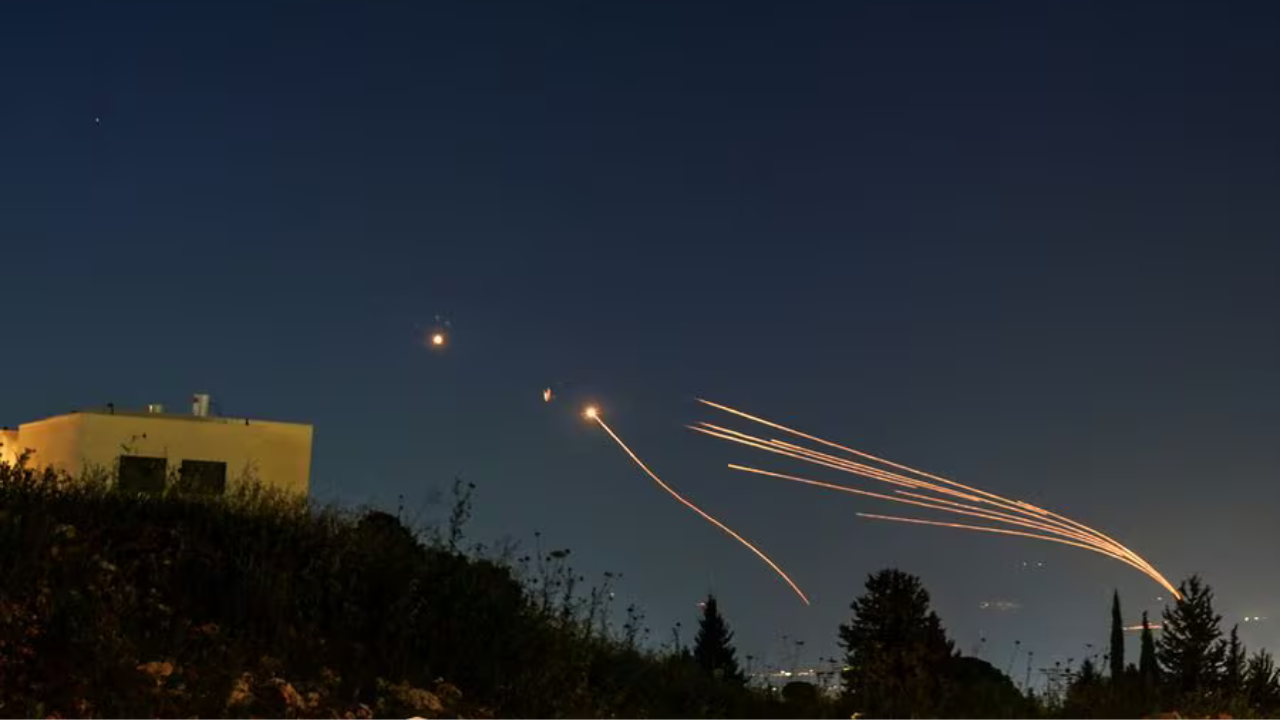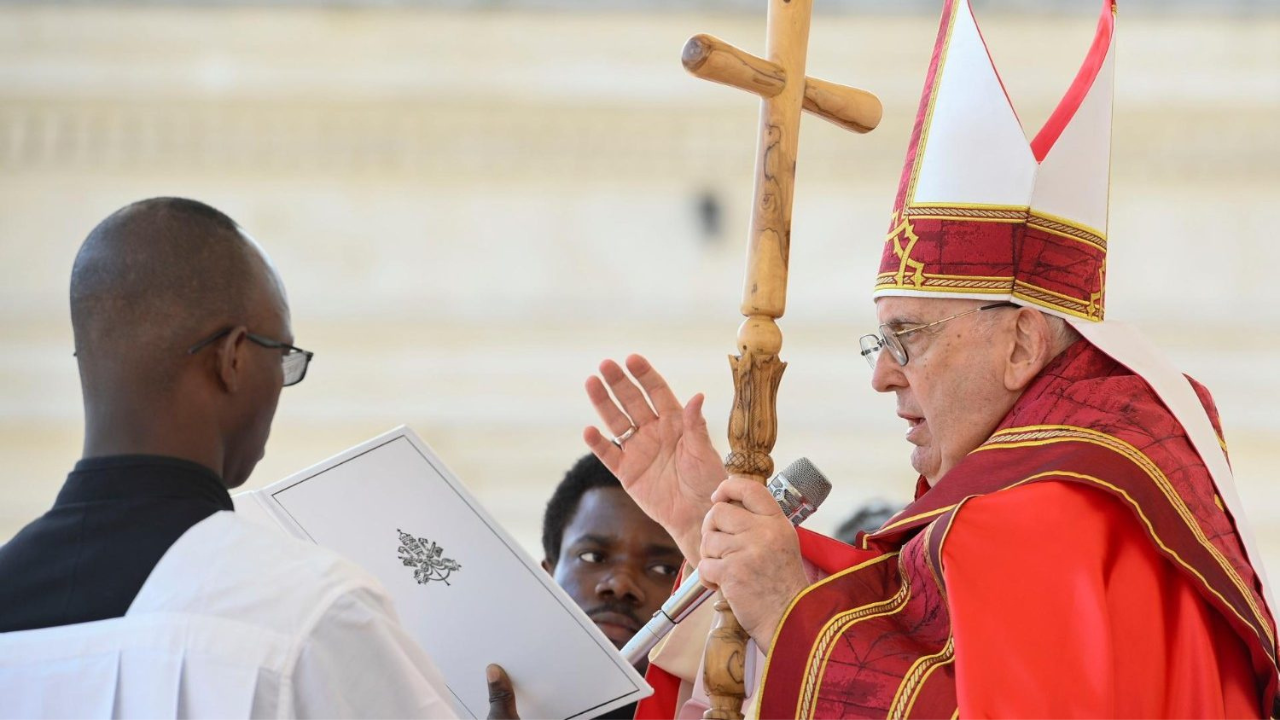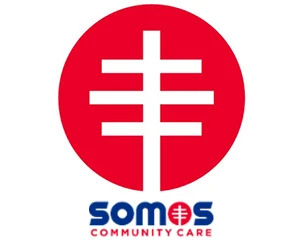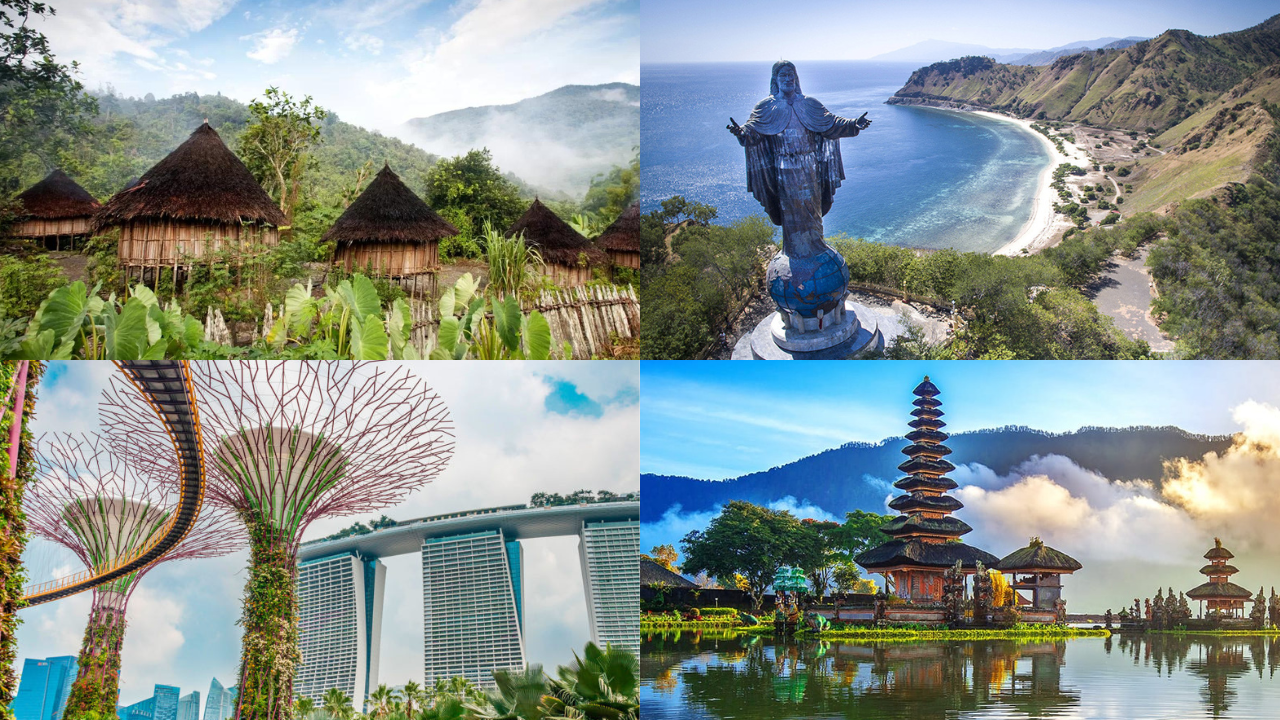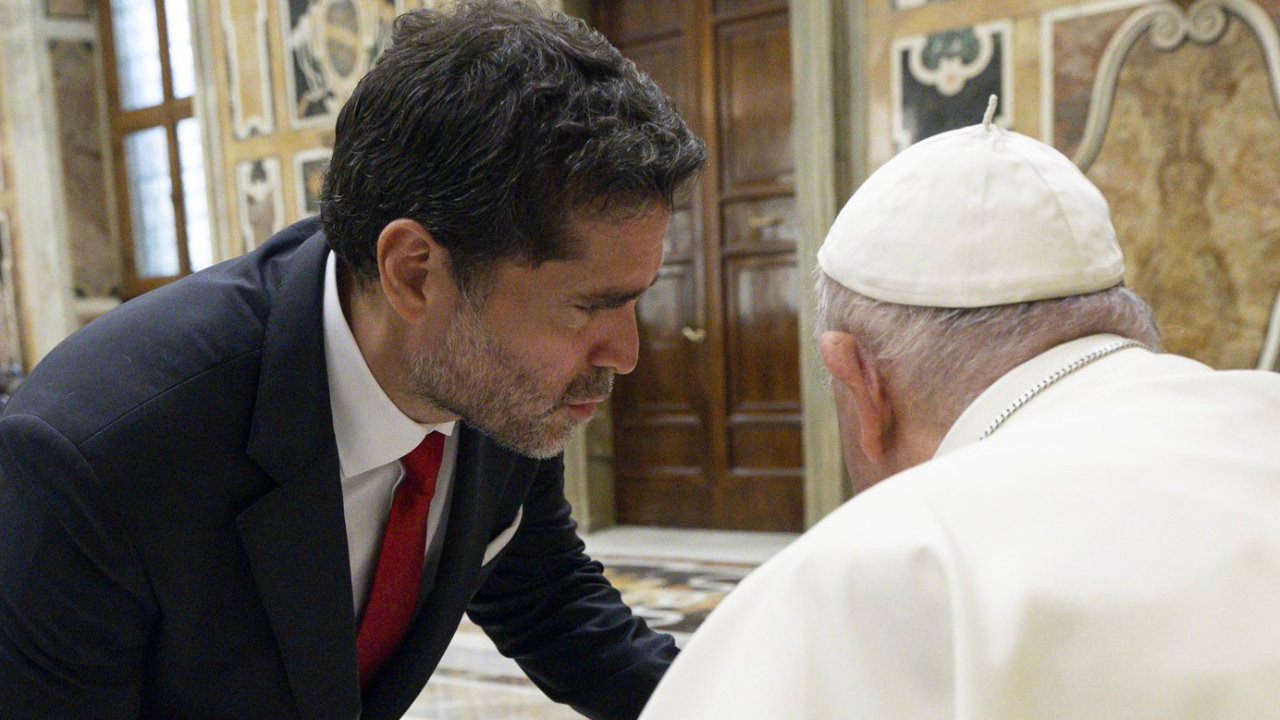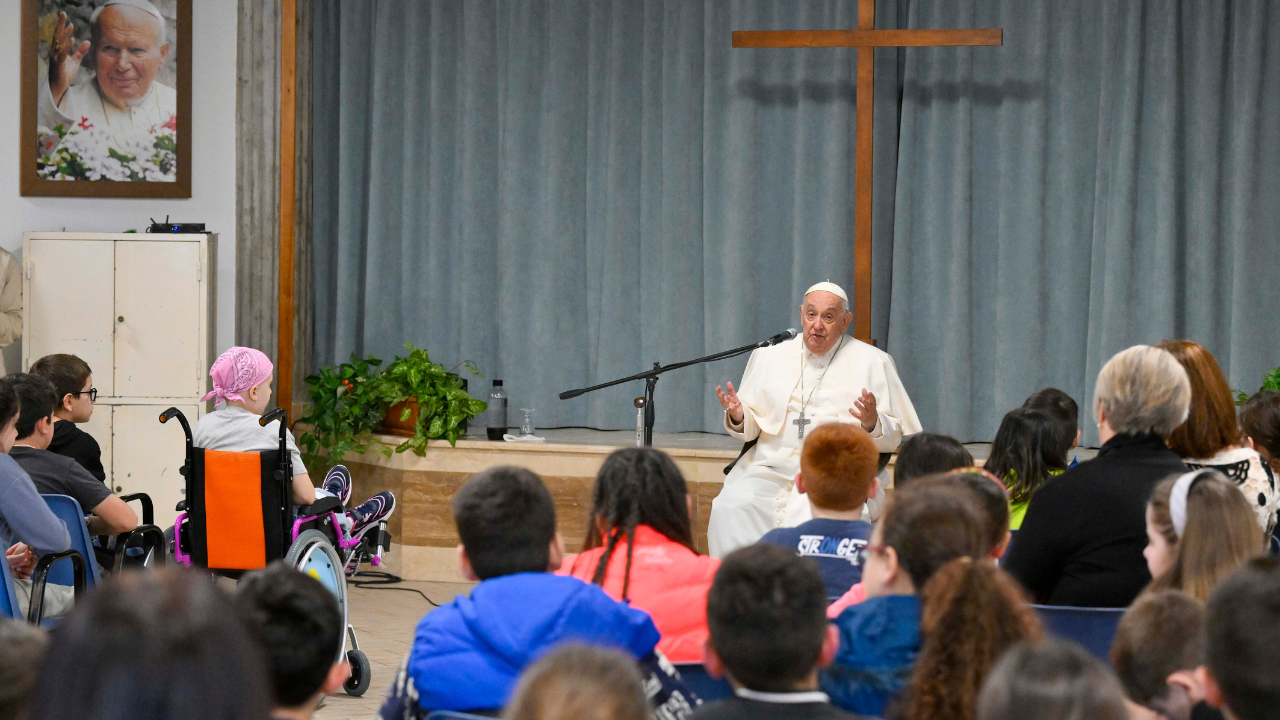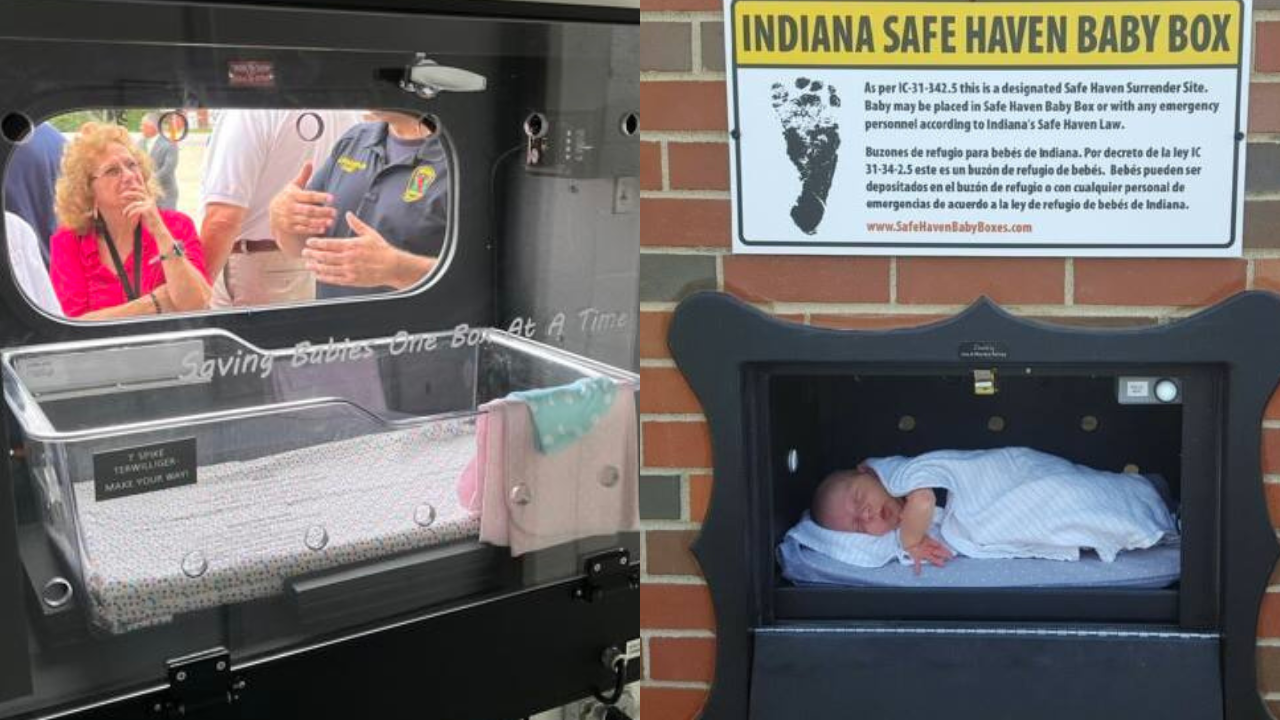FULL TEXT
(This text does not include the improvised parts.)
Dear Brothers and Sisters,
It is a great joy to be here with you and to conclude my visit to Cyprus with this prayer meeting. I thank Patriarchs Pizzaballa and Béchara Raï, and Ms. Elisabeth of Caritas. I greet with affection and gratitude the representatives of the different Christian confessions present in Cyprus.
I want to say, from my heart, a big “thanks” to you, the young migrants who offered your testimonies. I received copies of them in advance, about a month ago. They made a great impression on me then, and again today. More than just moved, I had the powerful sensation that comes from encountering the beauty of truth. Jesus was moved in that way when he cried out: “I thank you, Father, Lord of heaven and earth, because you have hidden these things from the wise and the intelligent and have revealed them to infants” (Mt 11:25). I too give praise to the heavenly Father because this is happening today, here and throughout the world. God is revealing his Kingdom, his Kingdom of love, justice and peace, to the little ones.
After listening to you, we better understand all the prophetic power of the word of God, who, through the apostle Paul, tells us: “You are no longer strangers and aliens, but you are fellow citizens with the saints and also members of the household of God” (Eph 2:19). Those words were addressed to the Christians of Ephesus, not far from here, centuries ago, yet they remain as timely as ever, as if they were written for us today: “You are no longer strangers, but fellow citizens”. This is the prophecy of the Church: a community that, for all its human limitations, incarnates God’s dream. For God too dreams, like you, Mariamie, from the Democratic Republic of the Congo, who described yourself as “full of dreams”. Like yourself, God dreams of world of peace, in which all his children live as brothers and sisters.
Your presence, migrant brothers and sisters, is very significant for this celebration. Your testimonies are like a “mirror” held up to us, to our Christian communities. When you, Thamara, who come from Sri Lanka, told us that people often ask, “Who are you?”, you reminded us that we too are sometimes asked the same question: “Who are you?”. And sadly, all too often, what is really being asked is: “Whose side are you on?”, “What group you belong to?” Yet as you said, we are not numbers, names to be put on a list; we are “brothers and sisters”, “friends”, “believers”, “neighbours” to one another.
When you, Maccolins, who come from Cameroon, tell us that in the course of your life you have been “wounded by hate”, you remind us that hate has also poisoned relationships between us Christians. And this as you said, changes us; it leaves a deep and long-lasting mark. It is a poison hard to remove, a twisted mind-set that, instead of letting us see ourselves as brothers and sisters, makes us see one another as enemies, as rivals.
When you, Rozh, who come from Iraq, say that you are someone “on a journey”, you remind us that we ourselves are a community on a journey; we are journeying from conflict to communion. On this road, which is long and has its ups and downs, we should not be afraid of our differences, but of the close-mindedness and prejudice that can prevent us from truly encountering one another and journeying together. Close-mindedness and prejudice re-erect the wall of division, the hostility between us, that Christ tore down (cf. Eph 2:14). Our journey towards full unity can only advance to the extent that, together, we keep our eyes fixed on Jesus, who is “our peace” (ibid.), the “cornerstone” (v. 20). It is he, the Lord Jesus, whom we encounter in the faces of our marginalized and discarded brothers and sisters. In the face of the migrant who is despised, rejected, put in a cage... But at the same time – as you said – the face of the migrant journeying to a goal, to a hope, to greater human companionship...
In all these ways, God speaks to us through our dreams (mention the fourth speaker?). He asks us not to be content with a divided world, divided Christian communities, but to journey through history drawn by his own dream: the dream of a humanity freed of walls of division, freed of hostility, where there are no longer strangers, but only fellow citizens. Fellow citizens who are diverse, yet proud of that diversity and individuality, which are God’s gift. Fellow citizens, reconciled and at one.
May this island, marked by a painful division, become by God’s grace a workshop of fraternity. So it will, if two things can happen. First, an effective recognition of the dignity of every human person (cf. Fratelli Tutti, 8): this is the ethical foundation, a universal foundation, which is also at the core of Christian social doctrine. Second, a trusting openness to God the Father of all; this is the “leaven” that we, as believers, are called to offer (cf. ibid., 272).
If these two things can happen, the dream can translate into daily journey, made up of concrete steps from conflict to communion, from hate to love. A patient journey, which day by day leads us to the land God has prepared for us. The land where, if people ask,“Who are you?”, you can readily respond, “I am your brother”. “I am your sister”.
